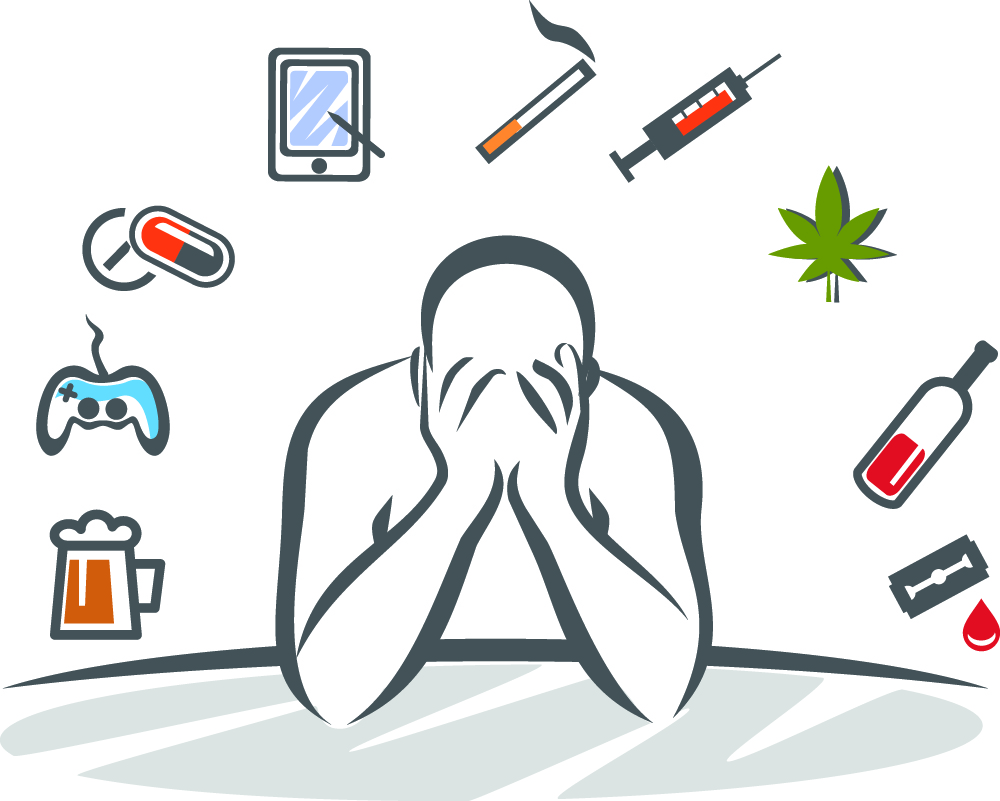Frequently Asked Questions

Sobriety Solutions understands that the first steps of admitting and committing to a treatment program can be daunting. Many worry about how addiction treatment will affect their lives – the unknown can be scary. Here are answers to some questions you may have about the treatment process. The more you know about treatment, including what to expect, how to locate help, and how to understand the underlying components of addiction – the easier your journey to recovery will be.
You have questions? We have answers...
Q: What is addiction?
Drug addiction is the most severe form of a substance use disorder (SUD). An SUD develops when a person’s continued use of alcohol and/or drugs causes significant issues, such as health problems, disability, and failure to meet responsibilities. Addiction is a complex, chronic brain disease characterized by drug craving, seeking, and use that persists even in the face of devastating life consequences. Drug addiction is treatable, often with medications combined with behavioral therapies.
Q: How do I know if someone is addicted or using drugs?
The signs of drug use and addiction can vary depending on the person and the drug, but some common signs are:
- impaired speech and motor coordination
- bloodshot eyes or pupils that are larger or smaller than usual
- changes in physical appearance or personal hygiene
- changes in appetite or sleep patterns
- sudden weight loss or weight gain
- unusual smells on breath, body, or clothing
- changes in mood or disinterest in engaging in relationships or activities
Q: How quickly can someone become addicted?
There is no easy answer to this common question. Vast differences affect a person’s sensitivity to various drugs and likelihood of addiction vulnerability. While one person may use a drug one or many times and suffer no ill effects, another person may overdose with the first use or become addicted after a few uses. While people who are addicted may believe they can stop any time, most often they cannot and need professional help to quit.
Q: How can I find help for an addiction?
If you or a loved one has a problem with addiction and needs help, please contact a treatment specialist at (833)-880-HELP. Your treatment specialist can provide information on a treatment program that meets your individualized needs and guide you through the admission process.
Q: What is withdrawal?
Withdrawal describes the various symptoms that occur after a person abruptly reduces or stops long-term use of a drug. For example, physical symptoms of heroin withdrawal may include restlessness, muscle and bone pain, insomnia, diarrhea, vomiting, and cold flashes.
Q: How long does drug and alcohol treatment take?
The physical symptoms of withdrawal may last for several days, but the general depression, or dysphoria that often accompanies heroin withdrawal may last for several weeks. Length of withdrawal and symptoms vary with the type of drug. In many cases, withdrawal can easily be treated with medications to ease the symptoms, but treating withdrawal is not the same as treating addiction.
Q: What is the importance of doing an aftercare treatment program?
Studies find that those who spend three months or longer in treatment programs have better rates of long-term sobriety. Longer programs afford the opportunity to focus on the root causes and behaviors behind the addiction, and more time to practice sober living behaviors.
Q: What happens if you relapse?
Relapse should not be viewed as failure but should be seen as an opportunity to reassess one’s path and seek treatment to provide support and help needed in order to maintain sobriety. There are treatment options available whether it is your first or subsequent attempt at achieving sobriety.
Q: How can outpatient treatment benefit you?
Determining what level of care is best suited for you depends on your particular situation – the type of substance you used, how long you’ve been abusing substances, and current state of mental health. If your addiction involves a physical dependency, inpatient care with on-site detox is often recommended so you can safely remove the substance from your body. It is essential to have 24 medical care during this process.
Q: How much does treatment for drug and alcohol cost?
Insurance is often accepted for drug and alcohol treatment. Acceptability of insurance will vary according to each treatment program. It is important to remember the many “costs” of addiction. You can work with your treatment specialist to find a treatment program that is covered by your insurance or explore other payment options.
